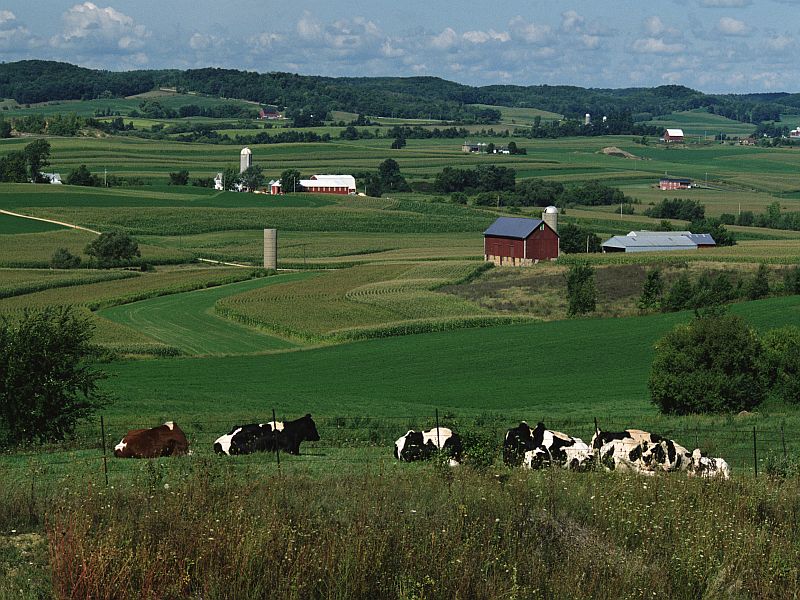Get Healthy!

- Robert Preidt
- Posted June 18, 2020
Disparities in Stroke Care Put Rural Americans at Risk: Study
Stroke patients in rural areas of the United States are less likely to get cutting-edge treatments and more likely to die than those in cities.
That's the takeaway from a new analysis of nationwide data on more than 790,000 adults who were hospitalized with stroke between 2012 and 2017. Most were 64 or older.
Compared to patients in cities, those treated at rural hospitals were: about half as likely to receive clot-busting medication for strokes caused by blood clots; about one-third less likely to undergo a procedure to remove a stroke-causing clot; and more likely to die before leaving the hospital (6.8% versus 5.8%).
The study was published June 18 in the journal Stroke.
"There are so many challenges facing rural America right now -- higher rates of chronic disease, poverty and joblessness -- and cardiovascular and other health outcomes are much worse in rural areas," said senior author Dr. Karen Joynt Maddox. She's an assistant professor of medicine at Washington University School of Medicine in St. Louis.
"This study shines light on one area where changes in care, such as the introduction of telehealth or other programs, could really make a difference," she added in a journal news release.
Joynt Maddox said the disparities were striking.
"One would think that recent improvements in technology and in telehealth would mean that we could, as a system, deliver optimal care no matter where people live," she said. "That turns out to not yet be the case for stroke care."
Besides the lack of access to state-of-the-art treatments, rural stroke patients also had much lower access to specialists, the study found.
According to study first author Dr. Gmerice Hammond, a cardiology fellow, "The lack of access to specialists is often a limiting factor in adequate care for rural stroke patients and, in this case, that could mean a neurologist to guide the initial care, an interventional neurologist or radiologist to do a procedure, or having a neurosurgeon available for backup in case of any complications."
Hammond said clinicians and policymakers need to prioritize access to high-quality stroke care for patients in rural areas.
"That means partnerships between hospitals for rapid transfer, as well as telehealth when appropriate," she said.
Meanwhile, rural residents can take several steps to protect themselves.
"Be aware of signs and symptoms of stroke, and seek care urgently if any symptoms develop," Hammond said. "To the extent possible, be as aggressive as you can with preventive efforts like blood pressure control. The best way to survive a stroke is to not have one in the first place."
More information
The U.S. National Heart, Lung, and Blood Institute has more on stroke.
SOURCE: Stroke, news release, June 18, 2020







